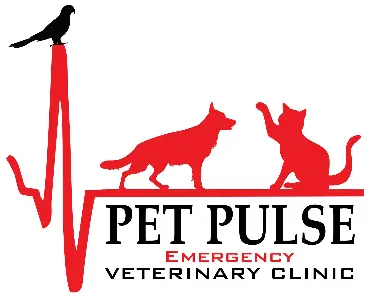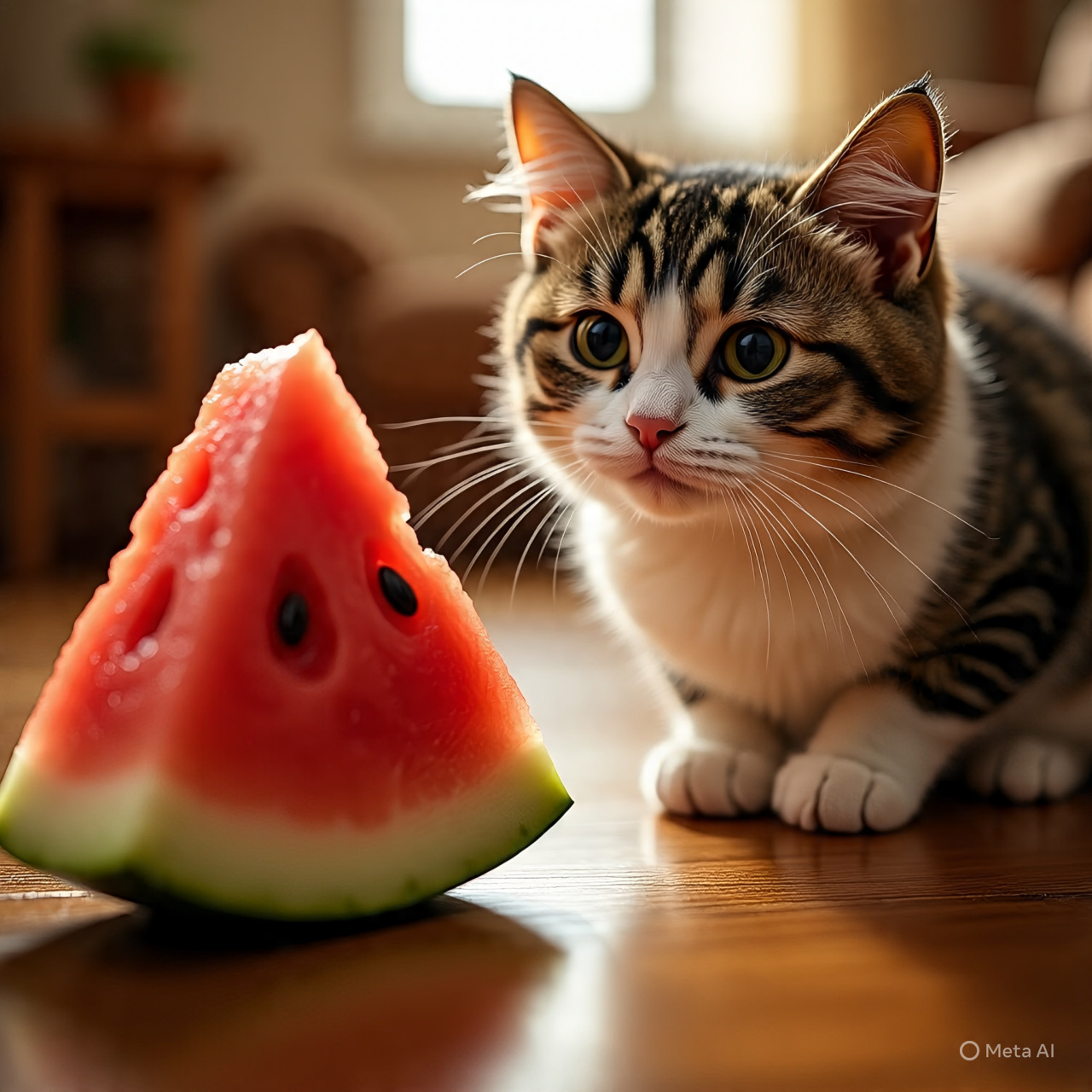A slice of watermelon on a hot day is hard to resist; even for a curious cat. Its sweet scent and dripping juice can easily catch your cat’s attention, leaving many pet owners to wonder, can cats eat watermelon?
Yes, cats can eat watermelon but in small and seedless amounts. It is non-toxic and safe as an occasional treat, offering hydration due to its high water content. However, cats should not eat the seeds or rind, and watermelon should never replace their meat-based diet.
To safely share watermelon with your cat, know the benefits, risks, and how to serve it right; small seedless portions and age-appropriate.
Is Watermelon Safe for Cats?
Yes, watermelon is safe for cats in small seedless portions. It is non-toxic and can provide extra hydration, especially in hot weather. However, the seeds and rind should be removed, as they may cause choking or digestive issues in your pet.
Nutritional Value of Watermelon for Cats
Watermelon is made up of about 92% water, which makes it great for hydration. It also contains vitamins like A, B6, and vitamin C nutrients that are beneficial for us but are not essential for our cats, since their bodies don’t process them the same way.
Here’s a quick look at what watermelon contains:
Water: Helps keep your cat hydrated.
Fiber: Can aid digestion in tiny amounts.
Natural sugars: Not ideal for cats, but safe in very small quantities.
So while watermelon for cats isn’t harmful, its benefits are mostly limited to hydration and enrichment.
Can Cats Eat Watermelon Seeds or Rind?
No, cats should not eat watermelon seeds or rind. The seeds contain small amounts of cyanide, which can be toxic, and the rind is tough to digest and may cause stomach issues. Cats can safely eat only the soft inner flesh (mesocarp) in small, seedless pieces.
Do Cats Like Watermelon?
Cats may be curious about watermelon, but most don’t crave it since they can’t taste sweetness. Some might enjoy the texture or moisture, but it’s not a typical favorite. If your cat shows interest, only offer small, seedless, and rind-free pieces.
How Much Watermelon Can Cats Eat?
Cats can eat 1-2 bite-sized pieces of watermelon, about 1-inch square, occasionally. It should make up no more than 10% of their daily diet. Only offer the soft flesh and avoid feeding it regularly.
Signs Your Cat May Not Tolerate Watermelon
Most cats will nibble and walk away, but some may not digest it well. Keep an eye out for:
- Vomiting
- Diarrhea
- Drooling or pawing at the mouth
- Lethargy
If your cat shows any of these signs after eating watermelon, stop feeding it and consult your vet.
FAQs
1. Can cats eat frozen watermelon?
Yes, cats can eat frozen watermelon in small, slightly thawed pieces. It’s a safe, refreshing treat if seedless and rind-free. Avoid hard chunks to prevent tooth damage.
2. Why does my cat sniff watermelon but won’t eat it?
Cats may be curious about the smell or texture, but since they lack sweet taste receptors, many lose interest after sniffing.
Conclusion
Can cats eat watermelon, but make sure as a rare treat. Watermelon is safe for cats when served in small, seedless pieces, without the rind. It’s a great way to provide a little hydration or fun enrichment, but it should never replace your cat’s regular meat-based diet.
As with all human foods, moderation and caution are key. If your cat likes watermelon, enjoy sharing a cool summer moment together but always keep their health in mind.



